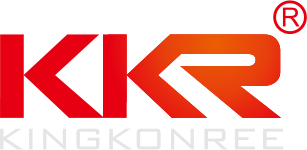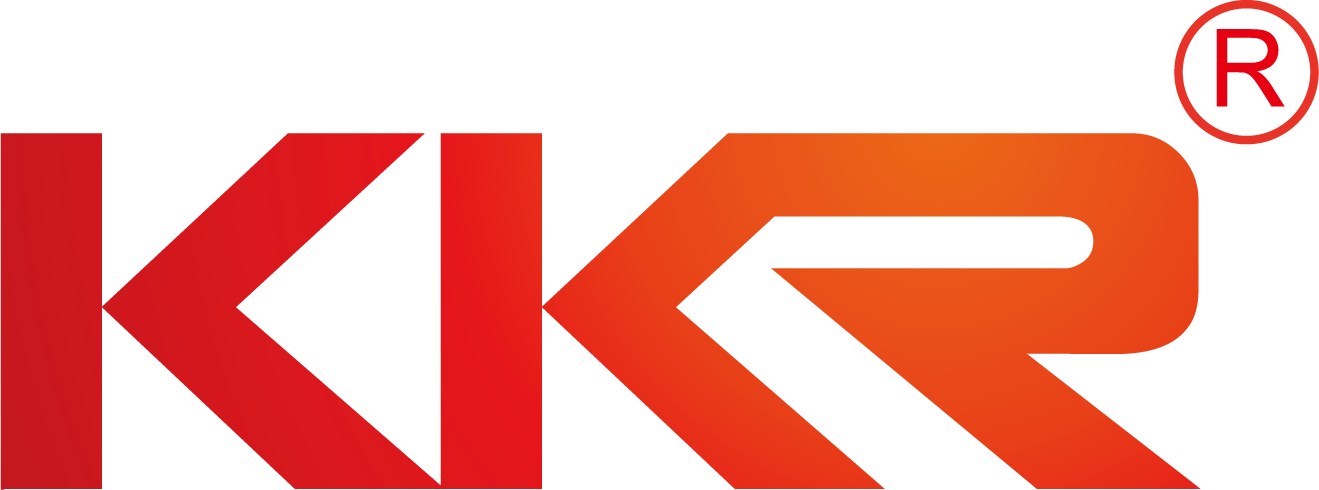 KingKonree - Solid Surface Manufacturer of Sanitary Ware, Solid Surface Countertops & Sheets for over 25 years, innovation in moulding and thermoforming
KingKonree - Solid Surface Manufacturer of Sanitary Ware, Solid Surface Countertops & Sheets for over 25 years, innovation in moulding and thermoforming
How To Choose Between Solid Surface And Quartz Countertops For Your Kitchen?
Choosing between solid surface and quartz countertops for your kitchen can be a daunting decision. Both materials offer unique benefits and drawbacks, making it essential to weigh your options carefully before making a final choice. In this guide, we will explore the differences between solid surface and quartz countertops, providing you with valuable information to help you make an informed decision for your kitchen renovation or upgrade.
Solid Surface Countertops
Solid surface countertops are man-made surfaces typically composed of a blend of acrylic, polyester resins, and pigments. These countertops offer a seamless appearance, as they are manufactured to be non-porous, hygienic, and resistant to stains and scratches. Solid surface countertops are also available in a wide range of colors and patterns, giving you the flexibility to choose a design that complements your kitchen decor.
In terms of maintenance, solid surface countertops are relatively easy to clean with soap and water. Light scratches can be buffed out with a mild abrasive pad, making them a low-maintenance option for busy kitchens. However, solid surface countertops are prone to heat damage, so it is essential to use trivets or hot pads to protect the surface from direct heat exposure.
One of the drawbacks of solid surface countertops is their susceptibility to scratches and cuts. Sharp objects can leave marks on the surface, requiring regular maintenance to keep the countertops looking new. Additionally, solid surface countertops can be more expensive than other materials, such as laminate, making them a significant investment for your kitchen renovation project.
Quartz Countertops
Quartz countertops are engineered stone surfaces made from a combination of natural quartz crystals and resin binders. These countertops offer a durable and resilient surface that is resistant to stains, scratches, and heat damage. Quartz countertops are also non-porous, making them hygienic and easy to clean with mild soap and water.
One of the primary advantages of quartz countertops is their strength and durability. Unlike natural stone surfaces like granite, quartz countertops do not require sealing and are less likely to chip or crack over time. Quartz countertops are available in a wide range of colors and designs, including patterns that mimic the look of natural stone.
In terms of maintenance, quartz countertops are relatively low-maintenance and do not require regular sealing or re-polishing. However, it is essential to avoid exposing quartz countertops to harsh chemicals or abrasive cleaning agents, as this can damage the surface and dull its appearance over time.
Another benefit of quartz countertops is their uniform appearance and consistent pattern throughout the slab. This makes quartz countertops an excellent choice for kitchens with large or expansive countertops, as the seamless appearance creates a cohesive and stylish look.
Comparing Costs
When it comes to cost, solid surface countertops are generally more affordable than quartz countertops. Solid surface countertops typically range from $50 to $100 per square foot, depending on the brand and design. In contrast, quartz countertops can range from $75 to $150 per square foot, with premium quartz brands costing even more.
While quartz countertops may be more expensive upfront, they offer long-term value due to their durability and longevity. Solid surface countertops may require more frequent maintenance and repairs over time, adding to the overall cost of ownership.
When comparing costs, it is essential to consider your budget and the long-term benefits of each material. If you are looking for a cost-effective option with a wide range of design choices, solid surface countertops may be the best choice for your kitchen. However, if you prioritize durability, strength, and long-term value, quartz countertops may be worth the investment.
Choosing the Right Material for Your Kitchen
When deciding between solid surface and quartz countertops for your kitchen, it is essential to consider your lifestyle, design preferences, and budget. Both materials offer unique benefits and drawbacks, so it is crucial to weigh your options carefully before making a final decision. Solid surface countertops are a cost-effective and versatile option, making them ideal for budget-conscious homeowners who want a wide range of design choices.
Quartz countertops are a durable and stylish choice for homeowners who prioritize longevity and resilience. While quartz countertops may be more expensive upfront, they offer long-term value and require less maintenance over time. Ultimately, the choice between solid surface and quartz countertops comes down to your personal preferences and priorities for your kitchen renovation project.
In conclusion, both solid surface and quartz countertops offer unique benefits and drawbacks that make them suitable for different kitchen designs and lifestyles. By considering the durability, maintenance requirements, design options, and costs of each material, you can make an informed decision that meets your needs and preferences. Whether you choose solid surface or quartz countertops for your kitchen, you can rest assured that you are investing in a quality surface that will enhance the beauty and functionality of your space for years to come.
Company Info
Address:Room No. 2408-2508, Building 5A, Longguang Jiuzuan, Longhua District, Shenzhen, China
Zip Code: 518131
Tel: +86 (0)755-82875700
Fax: +86 (0)755-82875921

